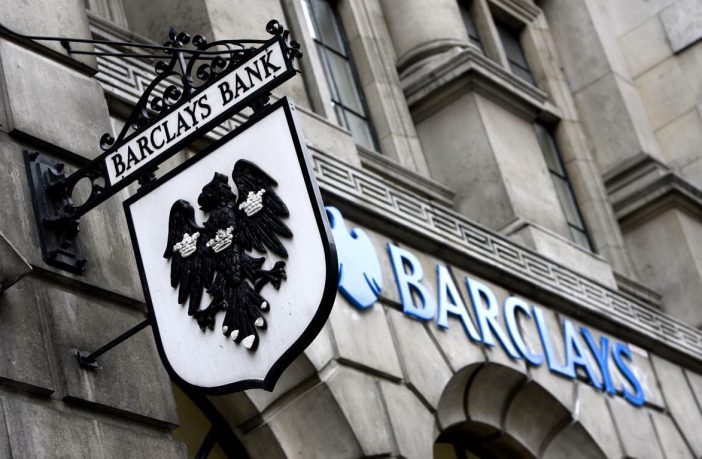British banks are talking about the threat of non-payment of soft loans
The scale of the crisis caused by the pandemic is still difficult to assess, but problems are observed in many segments. Recently, British banks said that default on concessional loans for small businesses is likely. There are a number of preconditions for such a forecast, which could worsen the processes in this sector.
According to an analysis from several UK financial institutions, about 40-50% of borrowers who have taken out loans through the government’s concessional program are unable to repay the amounts received. In total, 18.5 billion pounds sterling was allocated under such a scheme.
The small business support program was attended by 608 thousand companies. Under its terms, it is possible to issue a loan of up to 50 thousand pounds sterling for 6 years. On average, those wishing to take out loans for 30 thousand pounds. The initial interest rate is zero, after a year it is 2.5%.
Despite the fact that this benefit program has guarantees from the government, all problems with delays lie on the banks. Such loans are issued by 11 financial institutions of the country, including Royal Bank of Scotland, Barclays, Lloyds and others. The Treasury and the curator of the idea was taken over by British Business Bank. To reduce problems with delinquency and avoid default, the government regulator recommends banks to use standard schemes to collect loans. However, financiers do not agree with this option of returning loans, as many small businesses can sue the institution, which would be a disaster for the reputation.

The government insisted on a simplified scheme of soft loans, as a result of which about 25% did not pass standard credit checks. The situation was exacerbated by the speed with which loans were issued – banks did not have time to conduct a thorough analysis of applicants and evaluated them only on the basis of common factors, such as basic viability and fraud.
Therefore, it is quite obvious that the percentage of outstanding loans will rise. Now bankers are faced with the task of deciding what to do with the overdue loans. Due to the small capitalization of business, the government cannot buy back the debtors’ assets. One of the options considered by financiers is to combine bad loans into a so-called bad asset bank.
In turn, the Treasury has relieved itself of some of its responsibility, saying that banks should have initially understood all the nuances of the preferential program. Loans were not granted in the form of grants, which means that participants should have been checked more thoroughly. According to the UK Budget Office, only 10% of borrowers are at risk of bankruptcy, including all soft loan programmes, which are worth a total of £40 billion.




